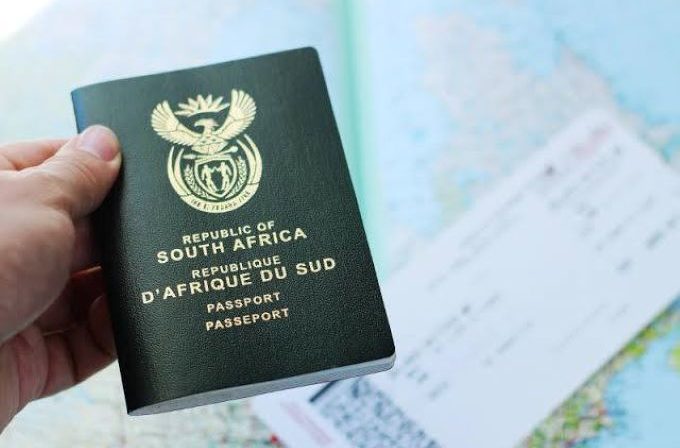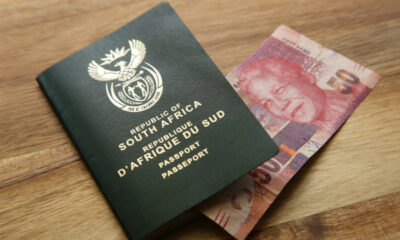News
New European Border Rules: What South African Travellers Need To Know

From 12 October 2025, South African passport holders heading to Europe will start encountering new digital border checks as part of the European Union’s Entry/Exit System (EES). This system aims to strengthen border control by replacing manual passport stamps with biometric registration.
The EES rollout will take place gradually across 29 European countries over the next six months, becoming fully operational by 10 April 2026. Once active, it will automatically record each non-EU traveller’s entry and exit, along with fingerprints and facial scans, instead of relying on traditional stamps.
According to the EU’s Home Affairs office, the purpose of the new system is to prevent irregular migration, track overstayers, and reduce identity fraud. The shift is also expected to streamline border crossings for law-abiding travellers by allowing the wider use of automated e-gates and self-service kiosks.
What Travellers Can Expect At European Borders
South Africans travelling to Europe on short stays will now be required to register their personal details, passport data, and biometric information the first time they enter an EES-participating country.
This includes:
-
A facial photo taken by border officers
-
Fingerprint scans captured during check-in
-
A record of travel document data stored digitally
Once your information is registered, future trips will be faster, as border officers will simply verify your fingerprints or facial data rather than re-collecting it. In rare cases, travellers may be asked to repeat the process if data verification fails or if there’s a long gap between visits.
The EES applies to all non-EU/Schengen travellers, except for residents with valid EU residence cards or permits, as well as certain groups like diplomats, military personnel, and heads of state.
Why It Matters For South African Passport Holders
While the system is designed for efficiency and security, it also highlights the growing scrutiny facing South African passports. Over the past few years, South Africa’s travel document has developed a troubling reputation for fraud and identity breaches.
Between 2022 and 2024, several foreign nationalsmostly from Pakistan and Indiawere caught using fake South African passports to enter Europe. This scandal prompted Irish airline Ryanair to controversially introduce an Afrikaans-language test to verify passenger authenticity, which sparked outrage and was eventually scrapped.
However, the damage to South Africa’s passport credibility was already done. In 2024, Ireland revoked its visa-free entry for South Africans, citing rampant document fraud.
Since then, the Department of Home Affairs has intensified its anti-corruption operations, dismantling internal syndicates that issued fake IDs and passports. But restoring global confidence has been an uphill battle.
A Weakening Passport
South Africa’s once-respected green mamba has slipped further down global rankings. In the latest Henley & Partners Passport Index, South Africa fell to 53rd place out of 106 countries, down from the top 50.
South Africans can currently travel to 102 destinations visa-free or with visa on arrival, but access to major European nations remains off-limits. The only European territories still visa-free for South African travellers are Georgia, Kosovo, and Russia.
Experts say the introduction of the EES could indirectly make travel to Europe even more cumbersome for South Africans, especially if the EU uses biometric data to flag inconsistent or suspicious travel patterns.
Social Reaction And What To Expect Next
South Africans on social media have shared mixed feelings about the new rules. Frequent travellers welcome the move as a modernisation of border systems, while others worry about longer queues and data privacy concerns.
“Europe is tightening up, and honestly, I can’t blame them,” one user commented on X (formerly Twitter). “Too many fake passports out there ruined it for the rest of us.”
For now, travellers are advised to prepare for longer processing times at European airports during the EES rollout period, especially from late 2025 into early 2026. Once registered, however, future trips should be faster and more efficient.
As South Africa continues working to restore faith in its passport security, the EES serves as both a reminder and a reality check: digital borders are here to stay, and travellers will have to adapt to a more data-driven world of mobility.
{Source:Business Tech}
Follow Joburg ETC on Facebook, Twitter , TikTok and Instagram
For more News in Johannesburg, visit joburgetc.com



























